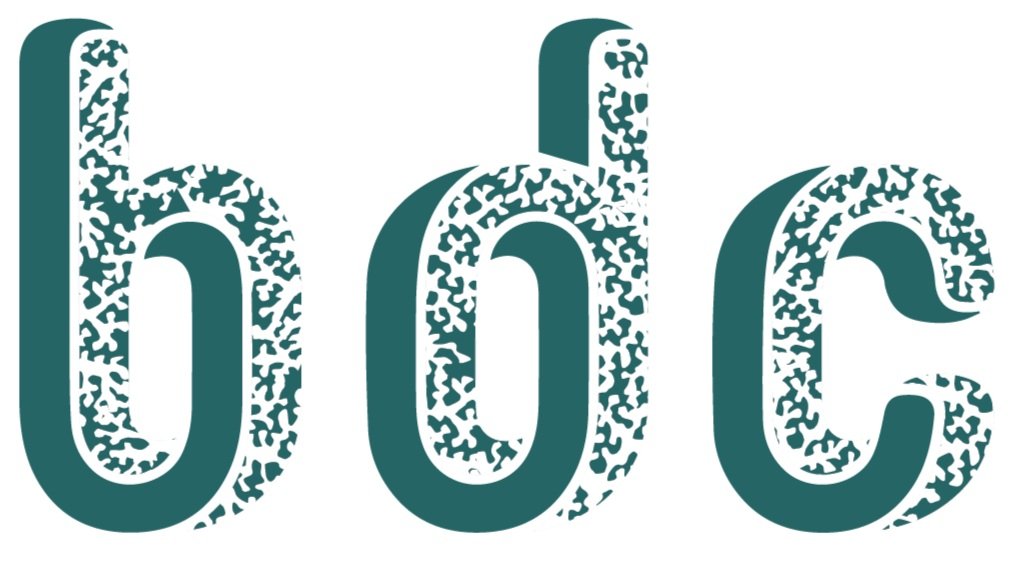California College of the Arts Architecture
PROJECTS | 2021
UrchiGami
Lina Kudinar, Geetika Rohra, Nidhi Patel
Purple sea urchins have been damaging kelp forests off the coast of California. Using the invasive species’ calcium carbonate composition, the team created new materials, including a building material called Gami-sheets and a biocement mixture called Urchi-crete.
Finalist Team
Instructors - 2021
Margaret Ikeda
Margaret Ikeda is an Associate Professor of Architecture at California College of the Arts (CCA) in San Francisco, California. She is the Integrated Studio Coordinator and has developed the Buoyant Ecologies Studio curriculum which, since 2015, has received five national AIA COTE Top Ten Student Awards for sustainability. Margaret is also a co-founder and co-director of the CCA Architectural Ecologies Lab that serves as a platform for collaborative research between designers, scientists, and manufacturers. The lab merges spatial practice with innovative techniques of material production and ecological research.The most recent project called the Float Lab, is currently moored in the Port of Oakland and designed to test a new type of resilient floating breakwater. In conjunction with the launch of the Float Lab, the Port awarded her with a Community Investment Grant to create an educational book called A Guide to Field Identification, Marine Animals Coloring Book of the San Francisco Bay.
PRIMARY ADVISORs
Evan Jones
Evan Jones is an Adjunct Professor of Architecture at California College of Arts (CCA) and practicing architect. As co-founder and principal of Assembly, an architecture firm located in Berkeley California, Evan has worked on many scales of projects from furniture and museum installations to landscape planning and multi-story housing projects. Within CCA, he has specialized in integrated design studios focusing on novel design strategies for coastal resilience under the Buoyant Ecologies studio curriculum. This speculative design work has led to the formation of the Architectural Ecologies Lab at CCA (along with fellow professors Margaret Ikeda and Adam Marcus) and the fabrication and deployment of the Float lab in 2019. The Float Lab works with biological fouling to attenuate waves and create ecological habitats. The project received a 2018 Architect Magazine R+D award, a national 2019 AIA Innovation Award, and recently awarded a 2020 ASCA Faculty Design Award.
Maia Yoshida
Maia Yoshida is a STEM Education Master's student at King's College London. Her current research focuses on design, art, and creative making as ways to equitably engage with STEM concepts, thinking, and practices. Previously, she was a researcher in the Wendell Lim Lab at UCSF, where she engineered immune cells to perform novel and useful functions, such as seeking out and destroying cancers. In addition to her research, she created and coordinated science outreach programs for Bay Area museums and schools. She is a recent graduate of the University of Pennsylvania and a past participant in the Biodesign Challenge. She was the first Artist-in-Residence at Epibone, a bone-reconstruction biotech startup company, and has worked with BioRealize, a biological product design company, to create algae-based carbon dioxide biosensors for use in textiles.
Varenyam Achal
Varenyam Achal is a professor in environmental engineering and Deputy Dean of Undergraduate Studies at Guangdong Technion – Israel Institute of Technology, Shantou, China. Varenyam was awarded a Ph.D. from Thapar University, India. He has a very broad interest in environmental biotechnology and biological-based building materials. He led several projects utilizing microbes in heavy metals immobilization and on the development of innovative bio-based construction materials such as self-healing concrete and bio-cement. By now, Varenyam has published more than 100 journal research articles and review papers, along with two books titled Ecological Wisdom Inspired Restoration Engineering and Building Materials for Sustainable and Ecological Environment.
Dyche Mullins
Dyche Mullins studied electrical engineering and mathematics before becoming fascinated with cell biology during his doctoral work at the University of Kentucky. After postdoctoral work at Johns Hopkins University and The Salk Institute for Biological studies, Mullins joined the faculty at UCSF. Since 2011, Mullins has also been an Investigator of the Howard Hughes Medical Institute. Work in the Mullins Lab focuses on the assembly and regulation of cytoskeletal networks - collections of molecules that self-assemble into complex structures that enable cells to transport molecular cargoes, change their shape, and propel themselves from place to place. Understanding how cells construct these internal molecular 'skeletons' is key to understanding a wide variety of biological processes and human diseases.






